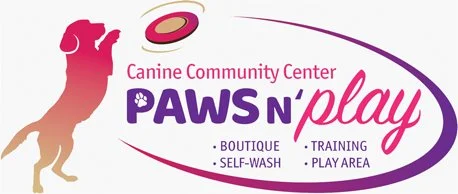Mars Pet Care Monopoly: Examining Corporate Influence in the Pet Industry
Discover how Mars Pet Care Monopoly dominates the pet care industry through its extensive ownership of veterinary clinics, pet food brands, and educational programs. Is this corporate monopoly good for your pet?
Mars Pet Care Monopoly: Examining Corporate Influence in the Pet Industry
When you think of Mars, candy bars like Snickers and M&M’s probably come to mind. But Mars is much more than just candy—it’s a major force in the pet care industry, controlling a massive chunk of the market. From veterinary hospitals to pet food, Mars has created what some might call a Mars pet care monopoly. But can a corporation that profits from junk food for humans really be trusted with the health and well-being of our pets?
What Mars Owns in the Pet Industry
Mars has its paws in almost every corner of the pet care world:
1. Veterinary Clinics
Banfield Pet Hospitals: Over 1,000 locations across the U.S.
VCA Animal Hospitals: Another 1,000+ clinics under Mars’s control.
BluePearl Specialty Hospitals: A chain of emergency and specialty veterinary clinics.
2. Pet Food Brands
Mars owns some of the most recognizable pet food brands, including:
Pedigree
Royal Canin
Iams
Cesar
Greenies
Whiskas
3. Veterinary Education Programs
Mars also invests in shaping the next generation of veterinarians:
League of VetaHumanz (Purdue University): Encourages underrepresented children to pursue veterinary careers.
Banfield Pet Academy: Introduces over 120,000 youth to veterinary careers.
NextVet Internship Program: Paid internships for high school students to explore veterinary medicine.
Controversies Surrounding Mars Pet Care
Mars’s extensive control over the pet care industry has sparked concerns about corporate influence and its impact on pet health:
1. Product Quality Issues
Many of Mars’s pet food brands, even premium ones like Royal Canin, include fillers and by-products. This raises questions about whether Mars prioritizes pet health or profit.
2. Conflict of Interest
If pets develop health issues from low-quality food, they often end up at Mars-owned clinics like Banfield or VCA, completing a profit cycle.
3. Monopoly Concerns
Mars’s dominance in veterinary services and pet food production limits competition, potentially stifling innovation and increasing costs for pet owners.
Implications for Pet Owners
Mars’s extensive involvement in the pet care industry, coupled with its history of controversies, raises concerns about product quality and corporate responsibility. Here’s why it matters:
Transparency Issues: Pet owners should question the quality and ethics behind Mars’s products.
Market Consolidation: Mars’s monopoly on pet care limits choices for consumers and may lead to higher costs.
Research Materials and Sources
The Corporate Veterinary Takeover
Class Action Lawsuit Over Pet Food Safety
What Can Pet Owners Do?
1. Research Brands
Look beyond major brands like Mars’s portfolio to find companies committed to transparency and high-quality ingredients.
2. Stay Informed
Keep up with news regarding pet food recalls and lawsuits to make educated decisions.
3. Support Ethical Companies
Choose to purchase from smaller, independent businesses that prioritize pet health over profit.
Conclusion
Mars’s dominance in the pet care industry through food, healthcare, and education raises critical questions about their priorities. Is the focus on your pet’s health or just profit? By staying informed about the Mars pet care monopoly and making thoughtful choices, pet owners can ensure their furry companions receive the best possible care.
Thank you for reading,
Terra Ruiz, Wholistic Canine & Paws N Play

